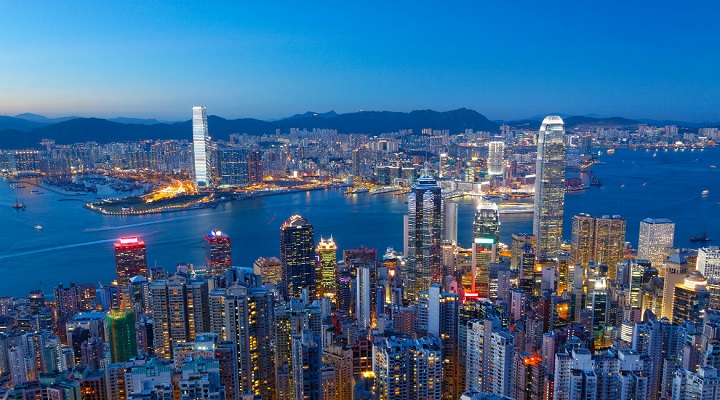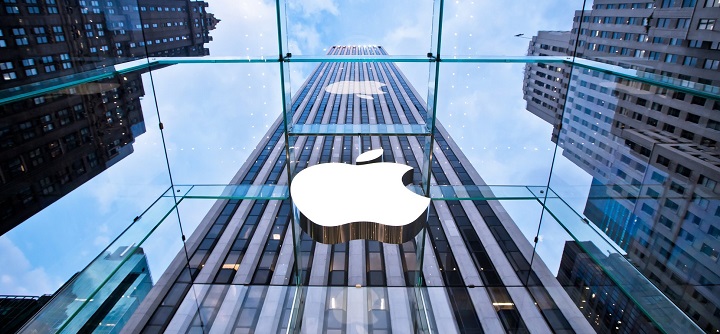Tim Cook: “We Must Comply With China’s Laws”
Tim Cook, the CEO of Apple, had to defend his company against the criticism that they’re helping China with their very tight censorship laws. According to the reports, this all started when Apple had to pull out a number of Virtual Private Network apps from the App Store by the demand of the Chinese government. To be clear, they only removed the VPN apps from their Chinese App store. They got criticized for it and the people calling them out are accusing them of aiding China’s effort to censor the whole world from their citizens. So Tim Cook responded by simply stating that they are following China’s laws because they want to do business in China. He admits, though, that he’d rather not have the apps removed, but they must. When confronted with the fact that they stood a different stance in the United States when the FBI demanded them to open a dead terrorist’s phone, Tim responded by saying that the laws in the United States are different. He also said that the laws in the US allow the use of VPNs, while the same thing cannot be said about China. If the US changed its laws concerning VPNs then Apple would have no choice but to follow the law.
China, Censorship, and VPNs
China’s censorship efforts are known throughout the world. Their philosophy on the matter is akin to a window being left open so fresh air can get in, but leaving it open for too long would let “flies” start coming in. What their citizens search over the Internet, what contents they can see, and what the citizens can upload, are all being monitored by the government so that the “flies” are swatted. The technology they use to do this is the most advanced monitoring and censorship technology there is. This is given the nickname “The Great Firewall of China.”
Of course, just like with any laws, when you break them, you go to jail. China has the most number of imprisoned journalists, activists, and people who break Internet censorship rules on Earth. But this hasn’t stopped the citizens and activists from actively trying to punch holes in the Firewall. One effective way to do it was through Virtual Private Networks or VPNs. VPNs operate by being the one in-between the users and the Internet. You connect to the VPN server and surf the net like normal, and anyone taking a peek on what you are surfing for would see that you’re only connecting to the VPN. This makes China’s Internet police’s jobs more difficult so China has to ban any VPN services that aren’t approved by the government.
ExpressVPN, one of the VPN services whose apps were taken down by Apple, expressed their disappointment over Apple’s decision. In their blog they said that they’re troubled that Apple seems to be aiding China’s efforts in censorship and they condemn the laws that threaten civil liberties and free speech. Another VPN service, Star VPN has also been pulled and has expressed their disappointment over a series of tweets.
Of course, the only thing they can do right now is be disappointed. China has always been like this and while Mr. Cook expressed his hopes that someday China will loosen its censorship laws, that seems to be very unlikely in the foreseeable future. If Apple has to do business in China then they must abide by the laws. Apple has lost 10% of its revenue in China compared to last year. China also favors Chinese companies like Huawei and Xiaomi more so Apple has some tough competition over there as well. They have to appease the government if they hope to have an actual chance in establishing a market there.


